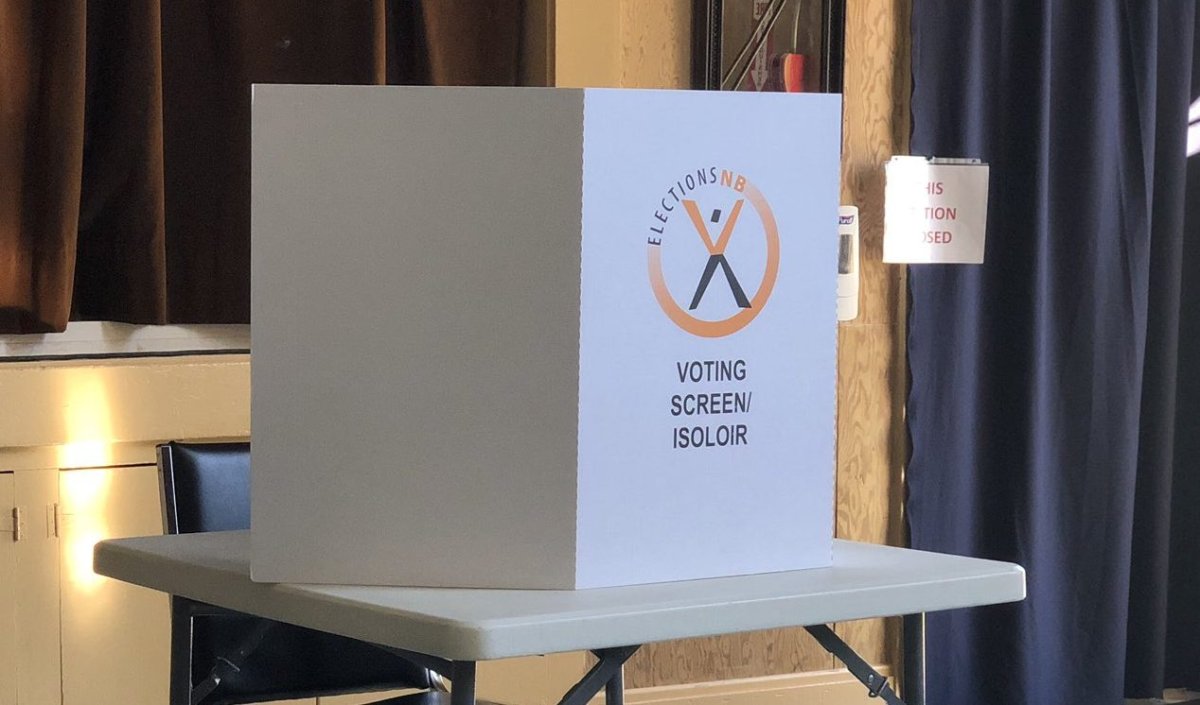New Brunswick’s highest court refused to hear an appeal on Tuesday by a national pro-democracy group that wants snap elections to be declared illegal in the province.

The Court of Appeal said the lower court failed to decide whether Ottawa-based Democracy Watch had public-interest standing, which is the right to sue the government on behalf of others. The non-profit would have to settle the issue in lower court before the appeal is considered, the appeals court said.
Last October, Democracy Watch tried and failed to get the Court of Queen’s Bench to declare snap elections illegal. The group argued Premier Blaine Higgs violated the province’s fixed election date legislation when he called an election in August 2020, two years ahead of schedule.
Democracy Watch co-founder Duff Conacher said in an interview Tuesday that his group has hundreds of members and supporters in New Brunswick; therefore, he said, there should be no question about public-interest standing.

Get breaking National news
“We think we clearly have standing,” he said. “We are bringing the case in the public interest. We have been working on snap elections and fair elections for more than 20 years.”
Conacher said it took seven months to get Tuesday’s hearing, adding that he expected it could be at least that long before the case gets back before the Court of Appeal.
- Retired Quebec teacher buys winning lottery ticket at last minute, wins $40M
- N.B. election: Higgs went to ‘very dark place’ with Liberal joke, opponent says
- NDP want competition watchdog to probe potential rent-fixing by landlords
- Jasper mayor says CN Rail relocation will be devastating: ‘Deeply disappointed’
The non-profit group says the snap election violated the constitutional principles of the sovereignty of Parliament and responsible government.
Higgs triggered the vote two years ahead of New Brunswick’s fixed election date because he said the province needed stability during the COVID-19 pandemic. The premier called the snap election after opposition parties refused a proposal to support his minority government until the fixed election date in 2022 or until the end of the pandemic. Higgs’s Progressive Conservatives went on to win a majority mandate.
A snap election, Conacher said, “is unfair to not just opposition parties who don’t get as much heads-up as the members of the ruling party do, but also to voters and people who want to run as candidates because they can’t afford to suddenly drop everything and run for office. Fixed election dates make it more fair for everyone.”
In its October ruling, the Court of Queen’s Bench said the premier is allowed to advise the lieutenant-governor to dissolve the legislative assembly and that the lieutenant-governor is free to exercise his or her discretion in response to that advice.
Justice Thomas Christie wrote, “In my view, the matter borders on being considered frivolous.”
In its submission to the Court of Appeal, Democracy Watch said Christie made a false claim about what the group’s lawyer had argued.
This report by The Canadian Press was first published May 24, 2022.







Comments